
OR
UNICEF launches Every Child Alive worldwide campaign
Published On: February 20, 2018 06:30 AM NPT By: Republica | @RepublicaNepal
KATHMANDU, Feb 20: The UNICEF on Monday launched Every Child Alive, a worldwide campaign to demand and deliver solutions on behalf of the world's newborns, along with a new report on newborn mortality. This comes at a time when the global focus is shifting to the alarmingly high rates of newborn deaths.
UNICEF Nepal citing a report, said in a statement that in low-income countries, the average newborn mortality rate is 27 deaths per 1,000 births. In high-income countries, that rate is 3 deaths per 1,000.
Newborns at riskiest places are up to 50 times more likely to die than those from the safest places, according to the report. “In these places, pregnant women are much less likely to receive assistance during delivery due to poverty, conflict and weak institutions,” said the statement.
According to Nepal's Demographic Health Survey 2016, 1 in 48 babies die in their first 28 days of life making up to 13,000 newborn deaths every year in Nepal.
More than 80 percent of newborn deaths are due to complications during birth or infections such as pneumonia and sepsis, the report says. These deaths can be prevented with access to well-trained midwives, along with proven solutions like clean water, disinfectants, breastfeeding within the first hour, skin-to-skin contact and good nutrition. However, shortage of well-trained health workers and midwives means that thousands don't receive the life-saving support they need to survive. For example, while in Norway there are 218 doctors, nurses and midwives to serve 10,000 people, that ratio is 2.3 per 10,000 in Nepal.
Through the Every Child Alive global campaign, UNICEF is issuing an urgent appeal to governments, health care providers, donors, private sector, families and businesses to keep every child alive, according to the statement.
The appeal includes recruiting, training, retaining and managing sufficient numbers of doctors, nurses and midwives with expertise in maternal and newborn care; guaranteeing clean, functional health facilities equipped with water, soap and electricity within the reach of every mother and baby; making it a priority to provide every mother and baby with life-saving drugs and equipment needed for a healthy start in life; and empowering adolescent girls, mothers and families to demand and receive quality care.
In Nepal, the campaign will complement the government's commitments and efforts to reduce newborn deaths and stillbirths through its 20-year Every Newborn Action Plan (NENAP) launched in 2016, according to the statement.
NENAP aims to reduce newborn mortality rate to below 11 deaths per 1000 live births and a stillbirth rate of less than 13 stillbirths per 1000 total births by 2035 from the current rate of 23 and 18.4 respectively.
You May Like This

Rural municipality launches campaign to end child marriage
LAMJUNG, Jan 16: Locals of Marsyangdi Rural Municipality of Lamjung have announced to end child marriage. ... Read More...

Rural municipality launches campaign to end child marriage
LAMJUNG, Jan 15: Locals of Marsyangdi Rural Municipality of Lamjung have announced to end child marriage. ... Read More...
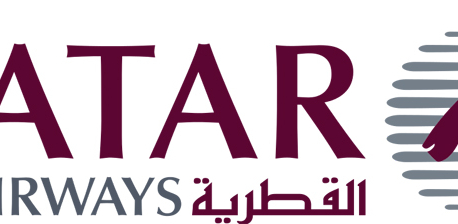
Qatar Airways launches new campaign
KATHMANDU, Nov 29: Qatar Airways has launched 'travel together, save together' campaign, giving 30 percent off in the fare rates. ... Read More...

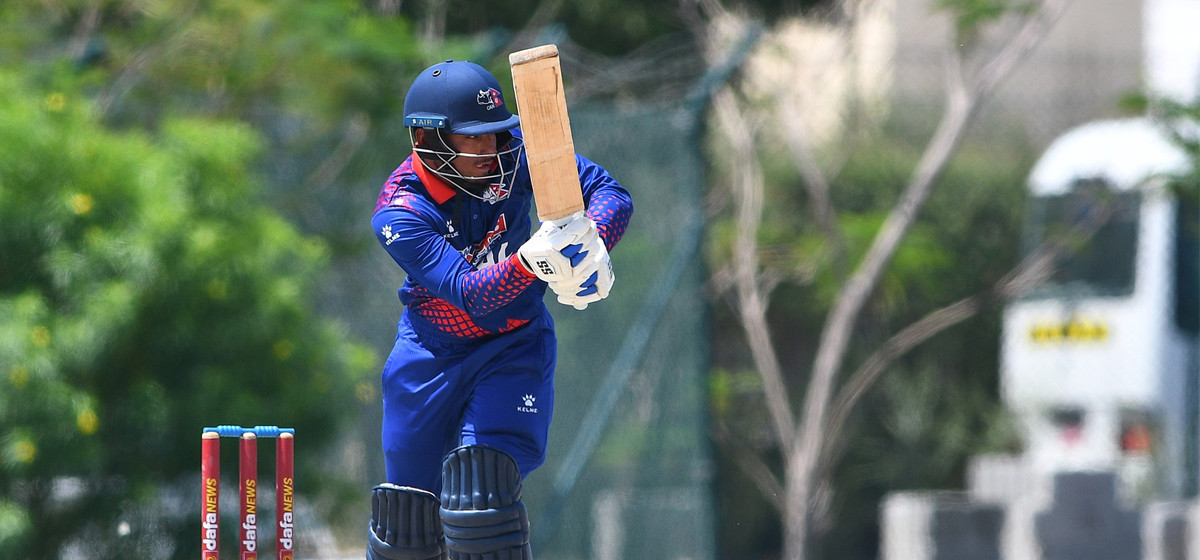
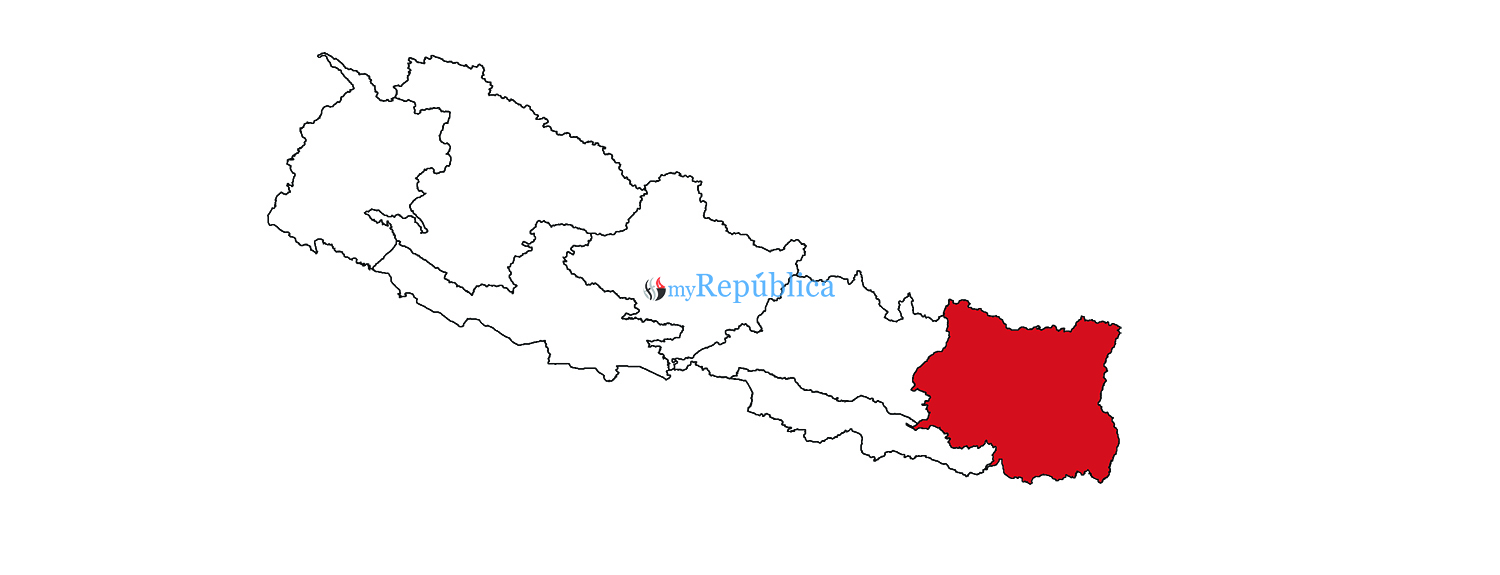
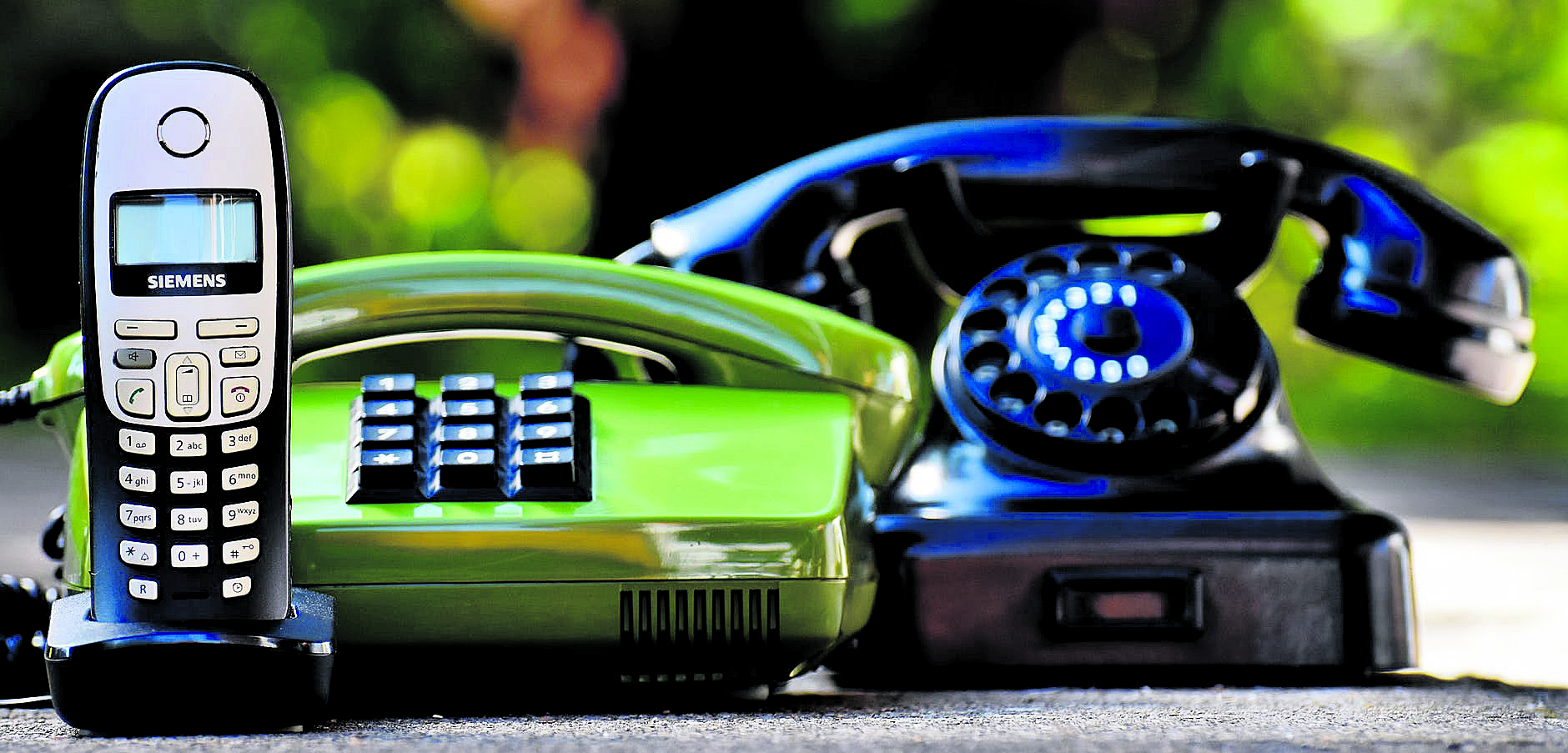

Just In
- Teachers’ union challenges Education Minister Shrestha's policy on political affiliation
- Nepal sets target of 120 runs for UAE in ACC Premier Cup
- Discussion on resolution proposed by CPN-UML and Maoist Center begins in Koshi Provincial Assembly
- RBB invites applications for CEO, applications to be submitted within 21 days
- Telephone service restored in Bhotkhola after a week
- Chemical fertilizers imported from China being transported to Kathmandu
- Man dies in motorcycle accident in Dhanusha
- Nepal face early setback as four wickets fall in powerplay against UAE









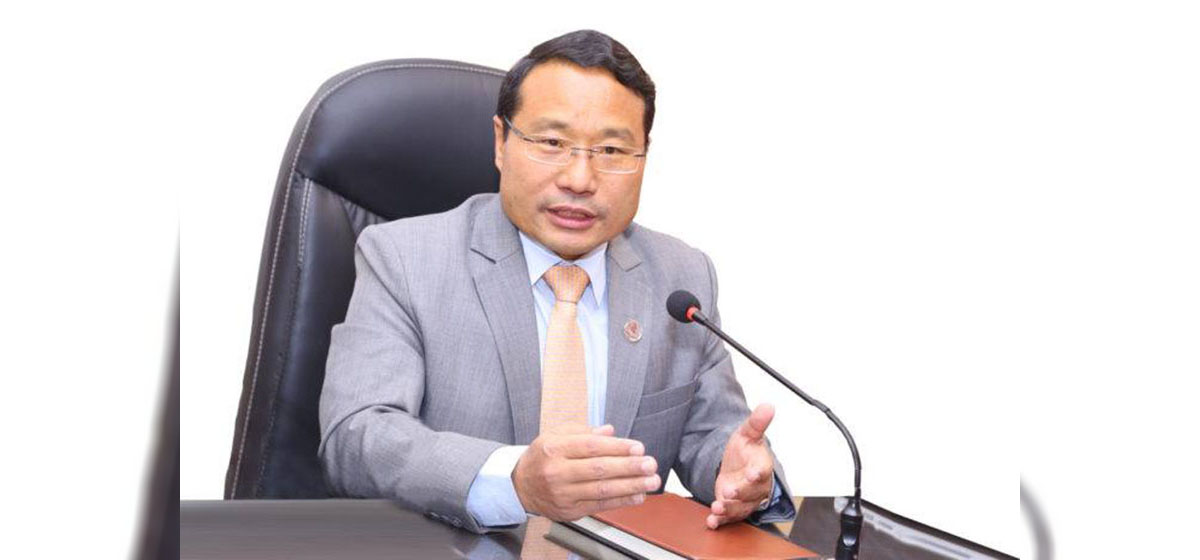

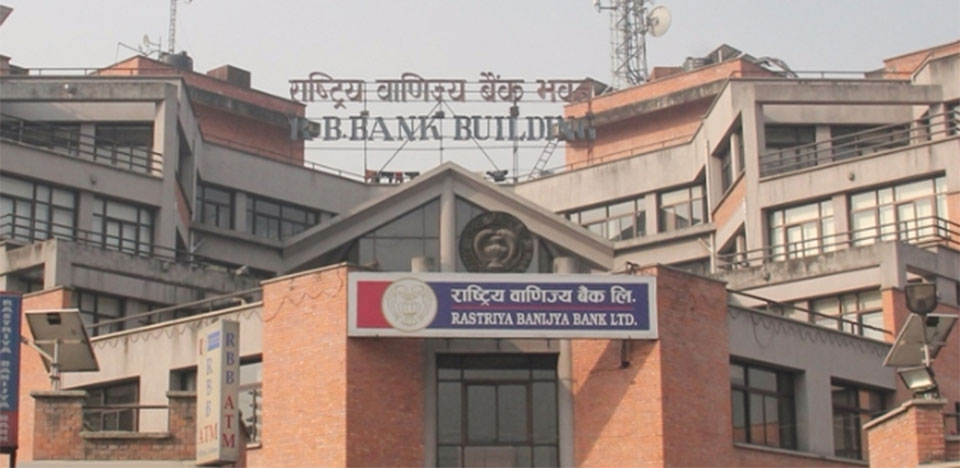

Leave A Comment